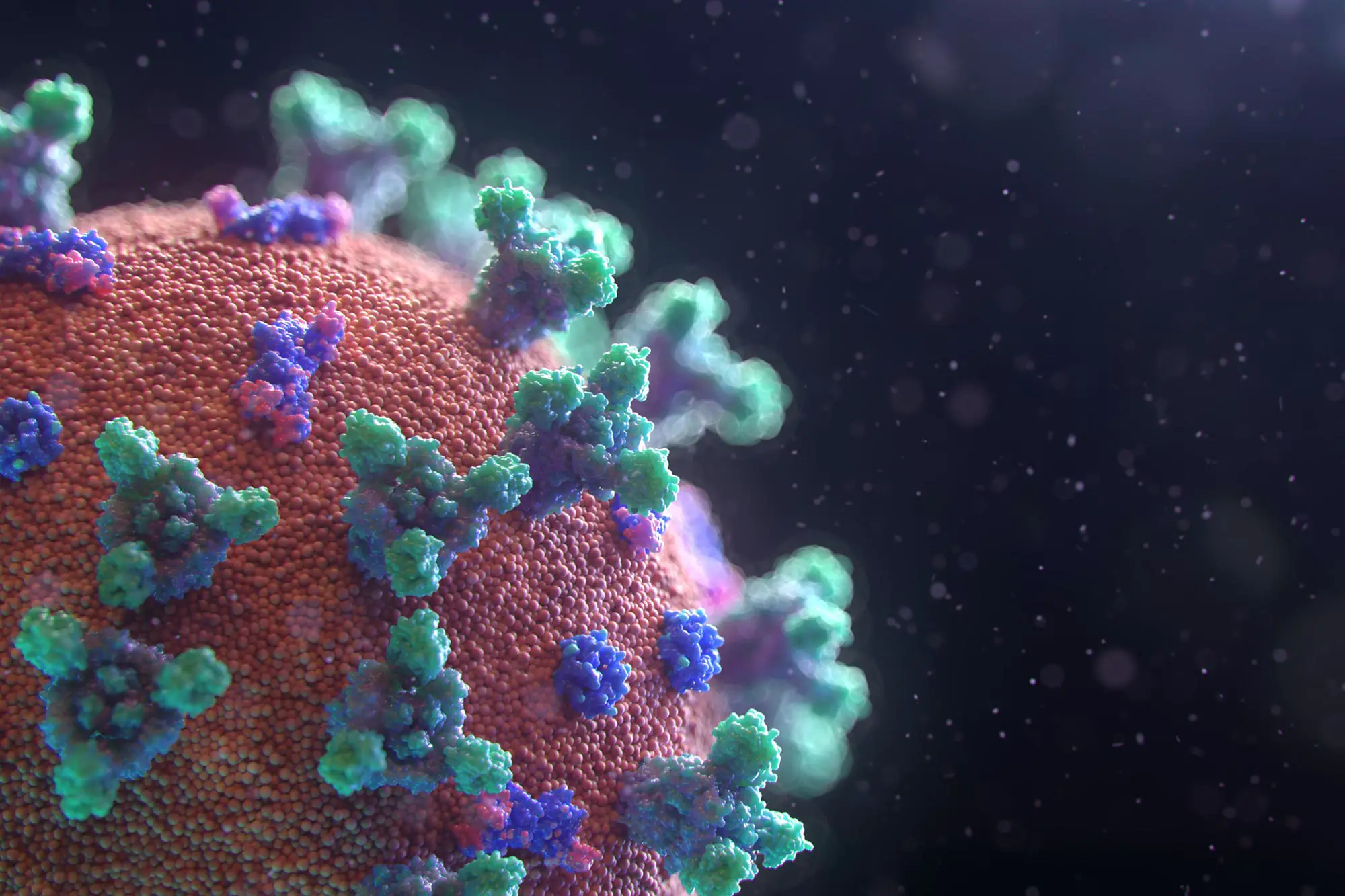Summary of New Study Unveils Complexities of Long COVID:
A recent study using electronic health records from the National Institutes of Health’s RECOVER Initiative has analyzed the persistence of long COVID symptoms among diverse populations in the United States, emphasizing the need for further investigation to improve the diagnosis and treatment of the disease. The research aimed to gain a deeper understanding of lingering symptoms following a SARS-CoV-2 infection and how the likelihood of these conditions may differ among various population groups in the United States. The study found more types of symptoms and a higher risk of long COVID in New York City than in Florida and identified a broad list of diagnoses that occurred more frequently in patients who had recently had COVID compared with non-infected individuals.
*****
Electronic Health Records Reveal Insights Into Long COVID
Long COVID, a condition characterized by persistent symptoms that linger after acute infection of COVID-19, continues to mystify the medical community. To address this knowledge gap, a recent study published in Nature Communications used electronic health records (EHRs) from the National Institutes of Health’s RECOVER Initiative to better understand the symptoms associated with long COVID among diverse populations in the United States.
Studying Long COVID Across Populations
The study identified electronic health records across two datasets: the INSIGHT Clinical Research Network and the OneFlorida+ network. The former included data from 11 million New York-based patients, while the latter included 16.8 million patients from Florida, Georgia, and Alabama. The team used machine learning to analyze the records and draw insights into the characteristics of long COVID.
Results of the Study
The study found that diverse populations have varying likelihoods of experiencing different symptoms. For instance, patients in New York showed a higher risk of long COVID than those in Florida. They shared a broader range of diagnoses, including abnormal heartbeats, chest pain, lung blood clots, dementia, hair loss, and fatigue. Comparing these records across different regions of the United States highlighted the variability of long COVID. It emphasized the need for further research to enhance the diagnosis and treatment of the condition.
Insights From the Researchers
Dr. Chengxi Zang, an instructor in population health sciences at Weill Cornell Medicine and lead author of the paper, reiterated the complexity of long COVID and the vital need to define this condition to advance its diagnosis and treatment. “Long COVID is a new disease that is very complicated and quite difficult to characterize…this paper provides the basis for furthering research on long COVID”, he stated. Dr. Fei Wang, associate professor of population health sciences and co-senior author of the study, added that the team’s data-driven approach that used machine learning enabled them to recognize better the broad involvement of multiple organ systems in long COVID, creating new avenues for managing and treating the condition.
Closing Thoughts
Long COVID’s persistence and variable symptoms require thorough investigation to advance its diagnosis and treatment. The study’s combination of EHRs, machine learning, and large datasets is a step forward in addressing this knowledge gap. Ultimately, this research may pave the way for more effective long-term COVID treatments and management options.
